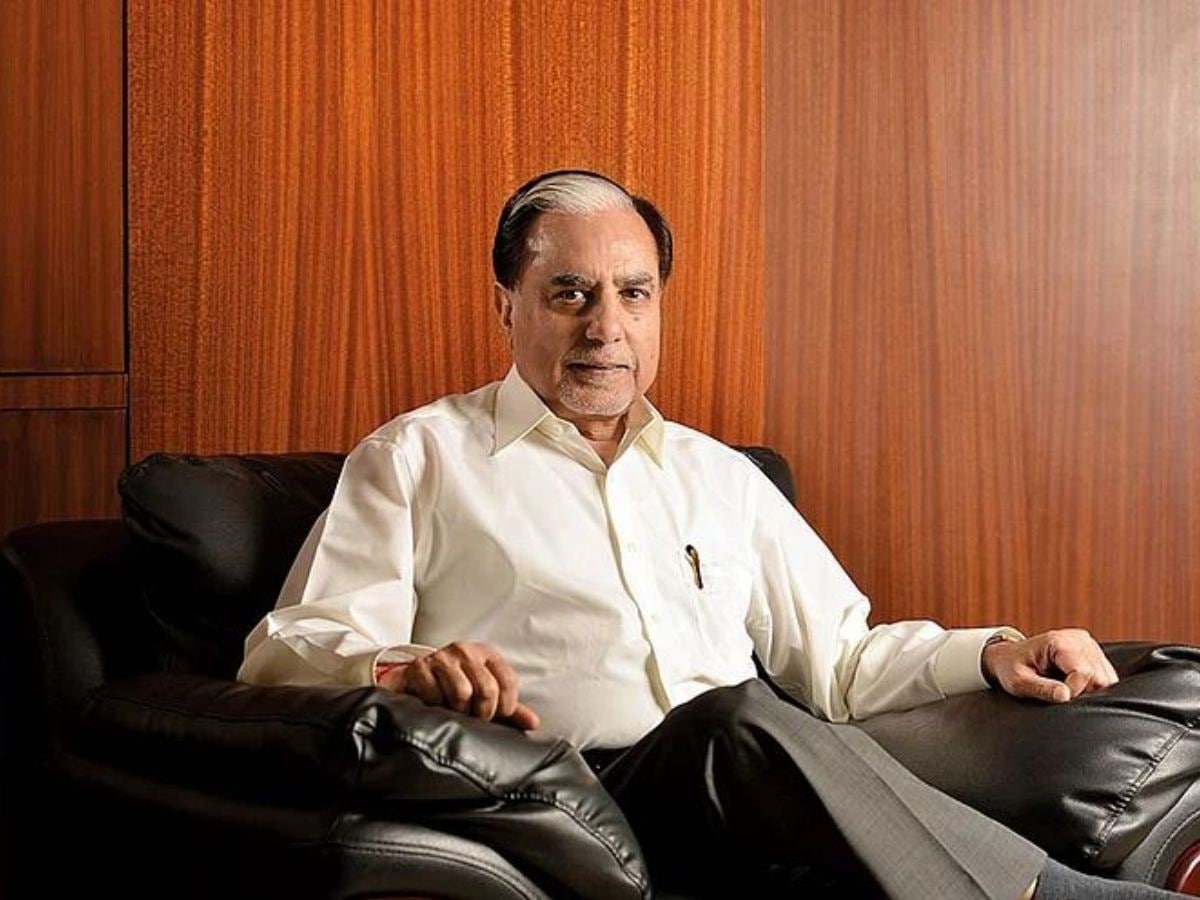Donald Trump has signed a presidential proclamation that imposes a Annual $ 100,000 rate to the new requests of the H-1B Visaone of the most used work permits in the technological sector to hire highly qualified foreign talent. After months of tension with the industry, the measure has just entered into force and will have an initial duration of one year, as part of the US administration offensive against legal immigration.
H-1B visas allow technology companies, among others, to hire foreign engineers, programmers and scientists for renewable periods up to six years. In 2025, Amazon obtained more than 14,000 approvals, while Microsoft and Meta exceeded 5,000 each, figures that reflect the dependence of the sector of a program, whose main beneficiary is India, with 71% of the awards in the last year.
The White House justifies this new ‘tariff’ in alleged abuses of the systemclaiming that some companies have fired local employees to replace them with H-1B holders, and even that the program has been used for fraud and illegal activities outside the industry itself. In this sense, the Labor Department has launched the call Project Firewall To reinforce surveillance, while the Department of National Security may grant discretionary exemptions when it considers that hiring is of national interest.
The analysts They anticipate, to apply rigorously, a severe economic impactsince in addition to increasing specialized labor access, the measure could affect outsourcing signatures with thousands of requests every year. For large technology, the coup will be more assumed, although with additional costs at a time of mass adjustments and layoffs in Silicon Valley. Thus, the first companies with strong dependence on the H-1B have already registered falls between 2% and 5%.
Of course, criticisms have not been expected in the affected sector. Elon Musk himself, once Trump administration spearhead in economic and former head of an H-1B, has defended that these visas allow to attract “the smartest workers in the world” and that limiting their access is a strategic error. Risk capital investors also warn that USA When closing the door to foreign talent.
In turn, Trump has announced the so -called “Gold Card”, a new accelerated visa for those who donate a million dollars to the government, double if the contribution comes from a corporation. The funds raised by this route will go to an industrial promotion program managed by the Treasury. An initiative that, in contrast to the hardening of H-1B, rewards high purchasing power profiles, denounces the affected parts.
Of course, irony does not go unnoticed: while hardening the entry of qualified workers who support the technological industry, Trump is presented as the great defender of those same companies in his pulse with the European Union. Just a few weeks ago, he threatened new tariffs and restrictions to countries that dose to regulate giants such as Google, Meta or Amazon.












